Pokemon TCG Pocket stormed onto the scene in October, immediately garnering huge player numbers. However, the translation of a card game into a mobile game has led to Pokemon TCG Pocket taking on certain traits that some players are calling pay-to-win.
Having already hit 30 million downloads, Pokemon TCG Pocket has achieved a lot in a little over a week. Pokemon‘s trading card game is among the most popular of its kind, one enjoyed by millions the world over. What’s more, Pokemon cards are massively collectible, with the hobby enveloped by a massive secondary market; some individual cards have sold for tens of thousands of dollars. Even a cursory glance at the hobby would show an incredible level of fandom and monetary interest, setting the stage for a new adaptation – one that has quickly come under fire.
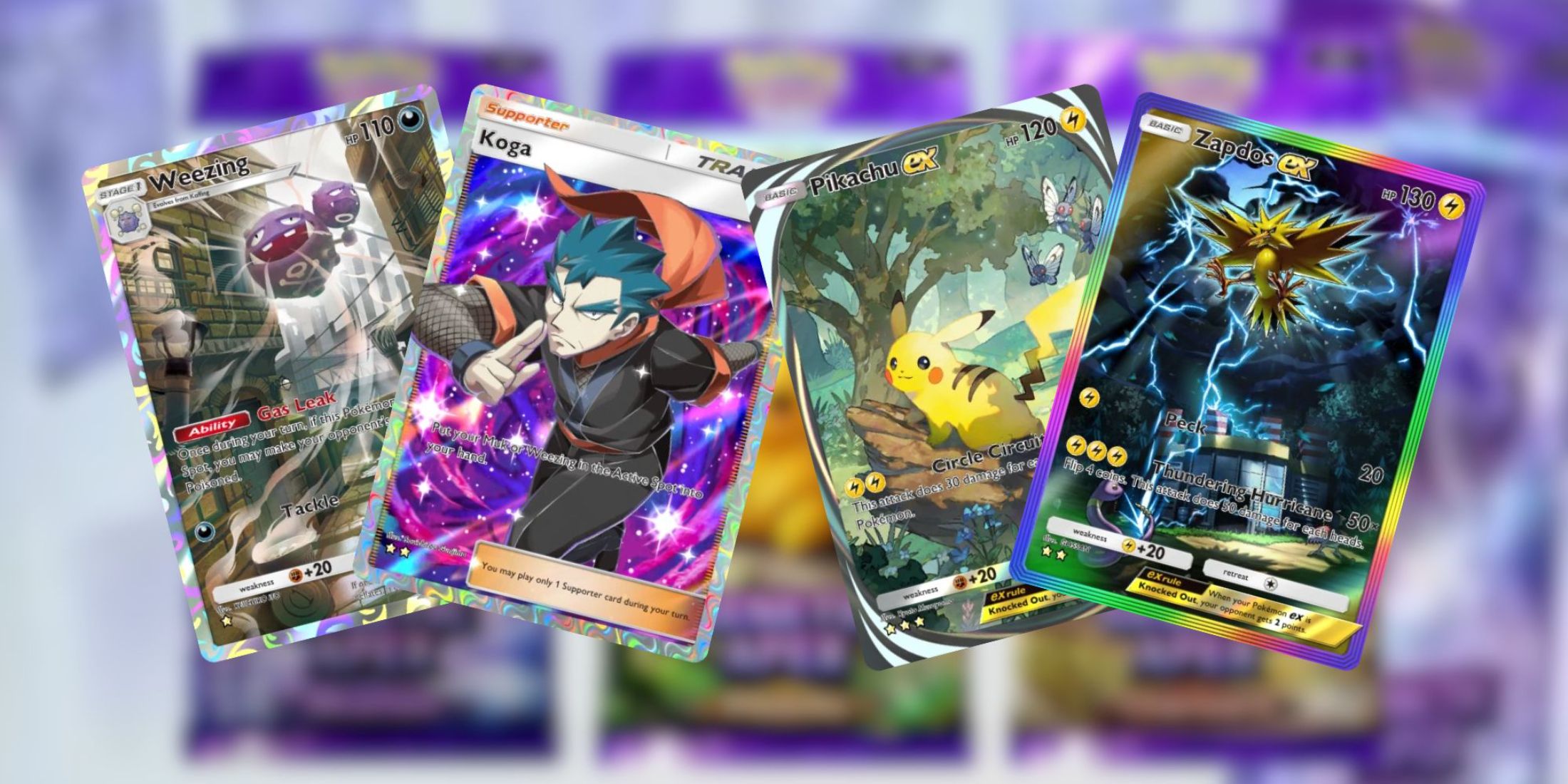
Related
Pokemon TCG Pocket: 8 Tips To Build A Winning Deck
Here’s how to put together a strong deck for your next game of Pokemon TCG Pocket.
Explaining Pokemon TCG Pocket’s Pay-To-Win Controversy
Being pay-to-win is, to a degree, inherent to a trading card game; even a finely balanced game will have at least one card that sits above the rest. Given that the chief method of acquiring new cards is to purchase packs of random cards, pay-to-win elements are hard to avoid. Since this is a hot-button issue in the gaming industry, as it has been since Overwatch brought lootboxes onto the scene in 2016, Pokemon TCG Pocket has found itself in hot water over its microtransactions. However, as players are able to earn all cards in-game for free, some fans are questioning whether the title truly deserves the pay-to-win criticism.
Pokemon TCG Pocket’s Monetization Doesn’t Pass The Tests Of Many Gamers
When players say that a game is pay-to-win, most refer to a multiplayer game that grants advantages to players willing to pay extra. This phrasing can refer to singleplayer games, but the nature of competitive play makes the former case more problematic for many—with a notable example being 2017’s Star Wars: Battlefront 2. Serving as a blueprint for pay-to-win games, Battlefront 2‘s initial launch made it optimal for players to purchase lootboxes to progress faster. This allowed players who paid extra to unlock more powerful characters, like Darth Vader, much faster, granting an advantage.
The situation is much the same for Pokemon‘s new mobile title. Though every card can be unlocked for free, the game’s first set is not easily earned. Reddit user TCGPCollector ran some impressive calculations, coming to the conclusion that it would take 655 days to unlock every card for free in Pokemon TCG Pocket‘s first set (286 cards). TCGPCollector does admit that their experiment doesn’t account for ‘account hourglasses from missions and events’, which can be a source of free packs, but that factor wouldn’t likely make much of a dent in the day total.
Not every player will be out to complete a set, but it’s easy to see how much faster paid players can get ahead in TCG Pocket. TCGPCollector even notes that those with a premium pass, without paying for other microtransactions, can cut the 655-day total down to 437—and buying microtransactions will, of course, speed things up even more. It’s a hard fact of Pokemon TCG Pocket that players can pay for a competitive advantage.
The Problem Of Pokemon TCG Pocket’s Digital Collectibles
Criticisms around pay-to-play aspects can be applied to about every TCG, considering that they rely on blind bags of card packs. What adds an extra layer of sour feeling to Pokemon TCG Pocket‘s problem is the lack of physical cards. In the case of the classic Pokemon TCG, players at least have tangible cards to collect; even duplicates can be traded or sold on. TCG Pocket has yet to add trading, and its sale of digital assets in place of physical cards makes the costs much harder to swallow.
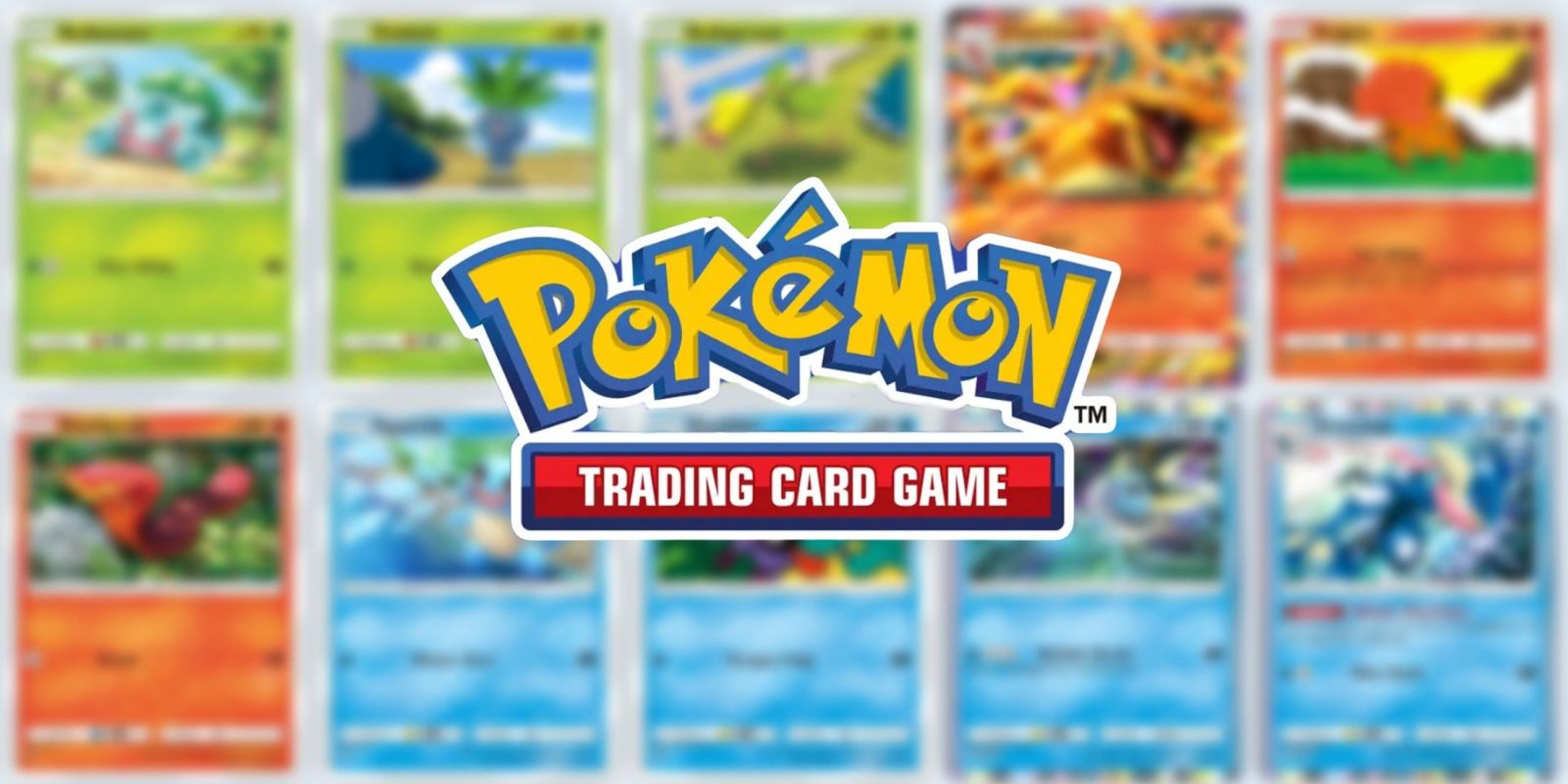
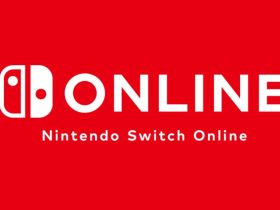
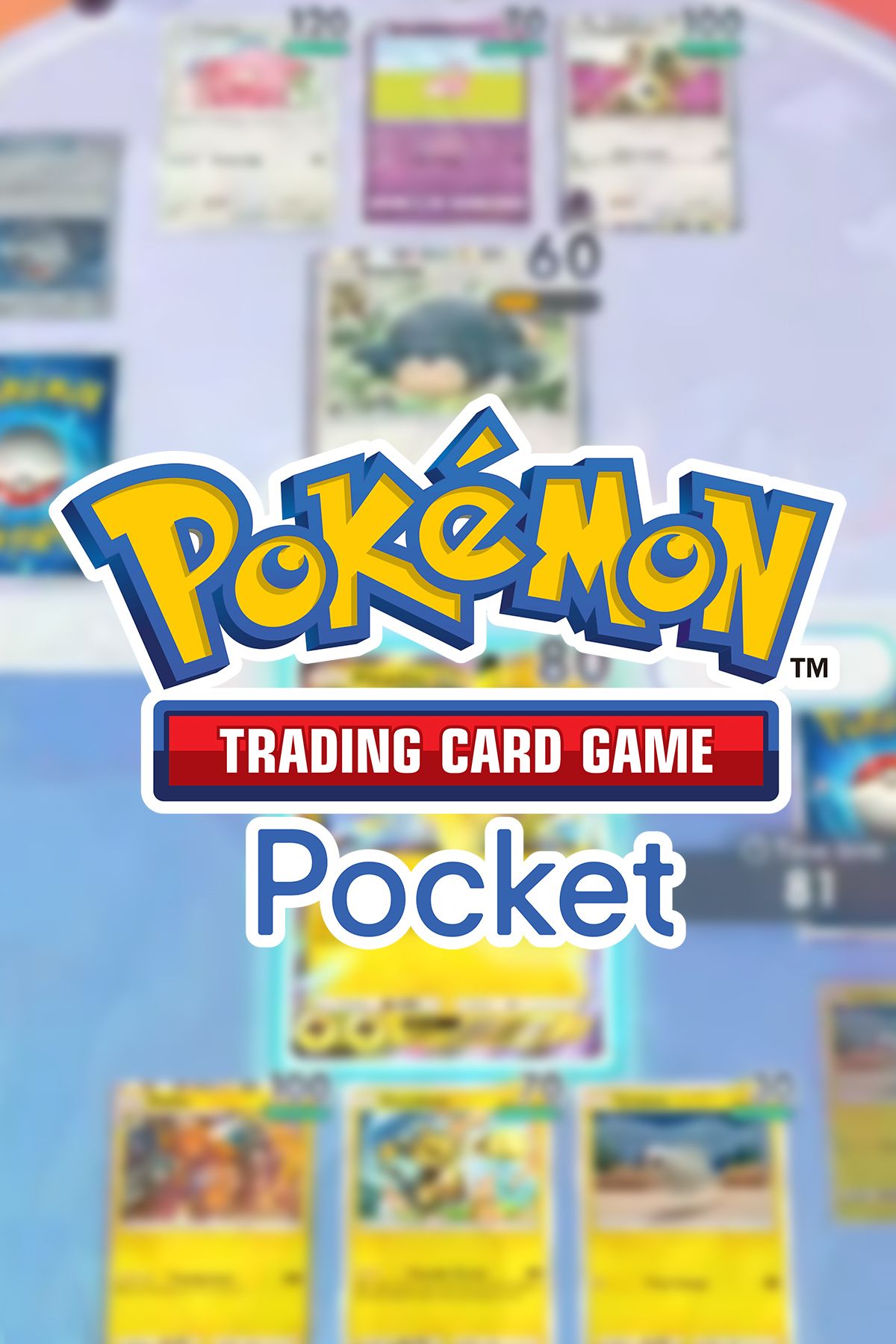

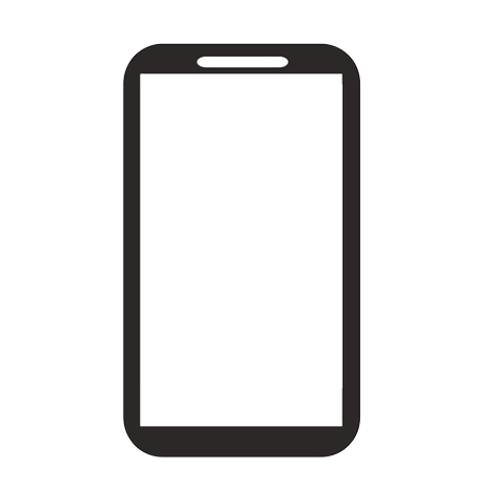

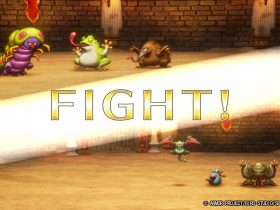

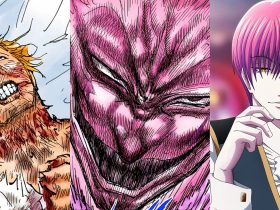




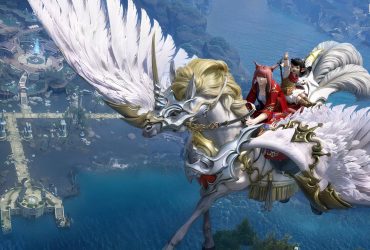
Leave a Reply